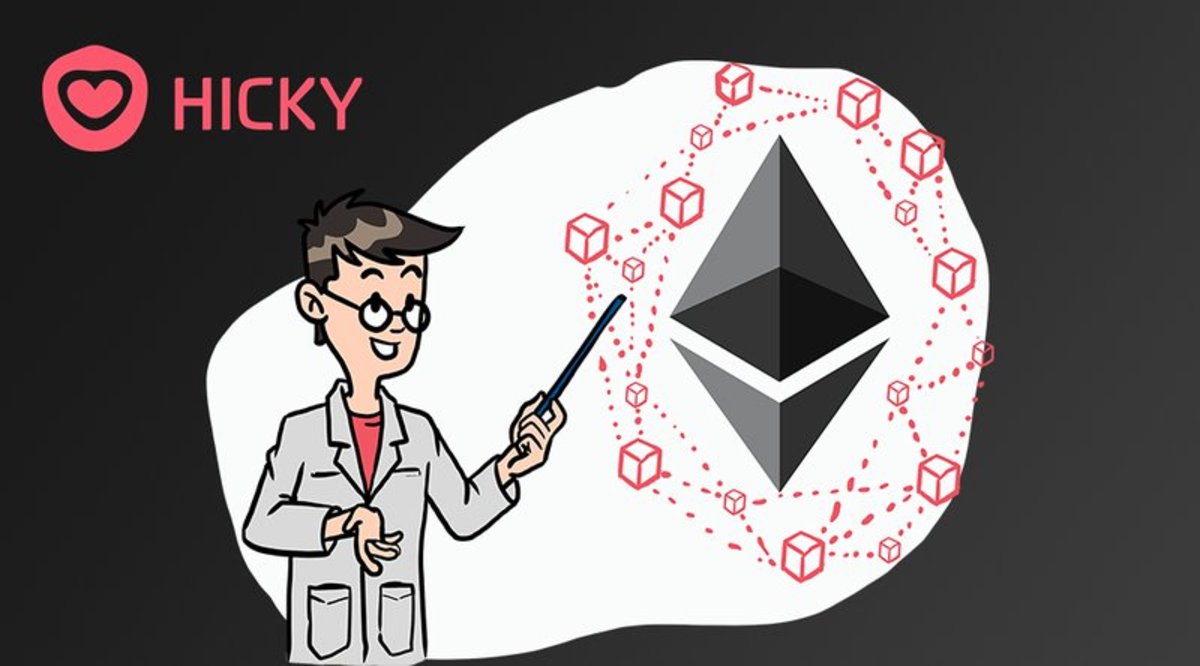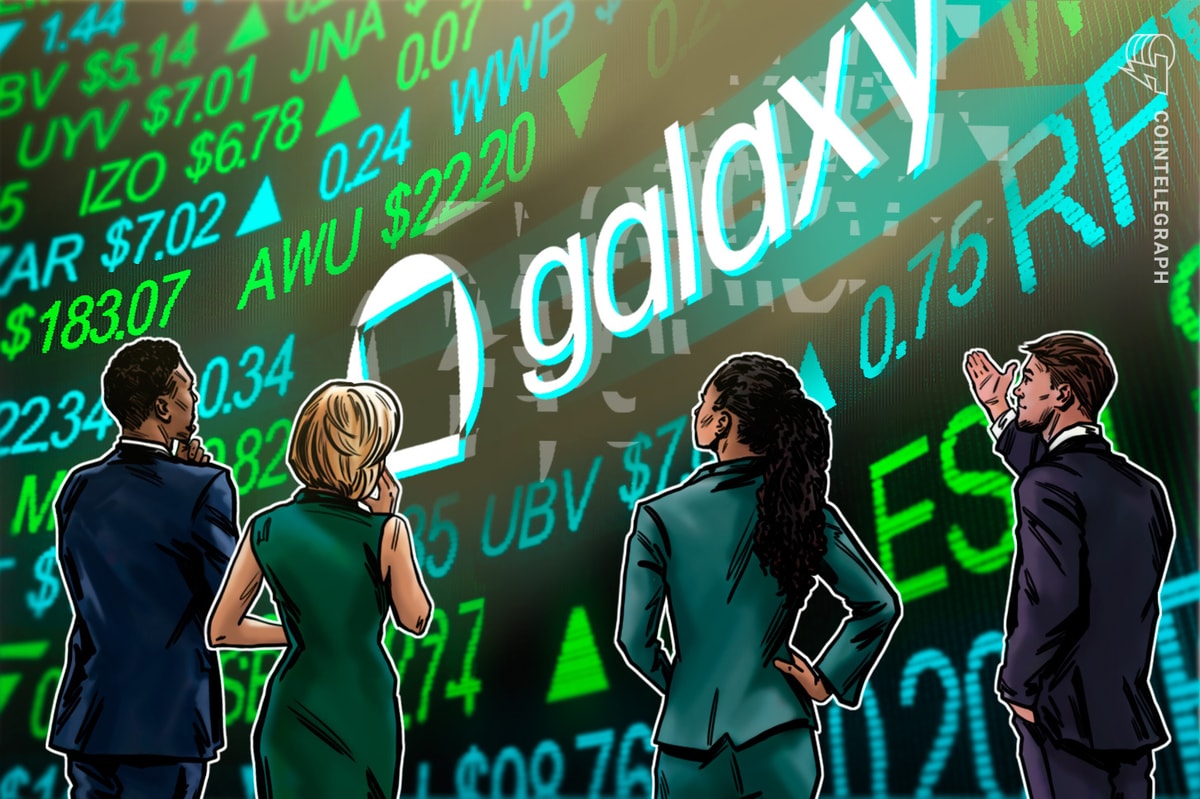
In today’s digital world, dating apps have become the primary outlet for those in search of meaningful relationships.
As millions search for a match, trust becomes ever more critical. This need also suggests the importance of fostering a safe environment for users to engage with each other.
Apps employ mobile features like geolocation and messaging to create connection points between interested suitors. These elements — while facilitating faster, more robust outcomes for users — are not without issues. Existing platforms often fail to provide sufficient privacy protocols, to properly vet well matched users from fake profiles.
A promising use case for blockchain technology revolves around making the digital dating world more secure and effective through better protocols and incentives. One company seeking to build upon this emerging narrative is Hicky, a decentralized dating platform built on the Ethereum blockchain.
Targeting men and women from 18 to 50 years old, Hicky’s vision is to orchestrate dating experiences that link real life social behaviors with incentives while eliminating information security risks. The launching point is the first version of the Hicky app, expected to be released in the coming weeks.
A foundational building block for early-adoption of Hicky is its vast set of partnerships, including the NAGA Group AG, a highly-respected German company, and an advisory board that features a former executive from the popular dating app, Tinder.
“The online dating space is currently flooded with fraud and mistrust,” said Julian Fuchs, a Hicky co-founder. “The prevailing dating services are lax in terms of measures to solve these issues. In fact, at times they encourage bad behavior in order to increase traffic and cash inflow.”
Building the Trust Factor
Hicky recognizes that trust is essential when it comes to creating a digital community with the aim of sparking new dating connection. Users must feel confident that their uploaded information is handled with the utmost care and privacy and that the information about others is valid. According to Hicky, this is achieved by requiring users to undergo a form of biometric verification which uses voice recognition and facial scanning technology to validate the identity of participants on the platform. Only those with express permission are able to view information shared by users.
Moreover, Hicky is employing a decentralized, encrypted approach to messaging by way of the “whisper protocol.” Messages will be private, with users conducting microtransactions for the interactions they engage in to mitigate spam.
There’s also the all-important privacy element, where information and data are secured through the use of a decentralized, encrypted database (initially BigChainDB and, in the future, the swarm protocol). Uploaded information to this database is only accessible and shareable by the user.
Hicky’s umbrella verification and governance body is called the Decentralized Autonomous Dating mechanism (DAD). Its underlying token economy, powered by what is known as the Hicky token (HKY) is intended to encourage a community centered around good behavior.
The Hicky token is a modular utility token that fuels interactions within the Hicky network. Interactions include the ability to connect with other users, encrypted messaging between participants and incentivized, user-driven governance.
The public token sale began on February 14 (Valentine’s Day) and is scheduled to run for one month.
“Online dating is a broken model that we are passionate about fixing,” said co-founder Kian Schreiber. “So our aim is to redefine it by merging online possibilities with offline realities — creating a platform that offers the best of both worlds. At present, we’re testing our ecosystem and receiving amazing feedback. And we have now launched our bounty program, a way of rewarding our earliest adopters by giving away free HKY for community building efforts. We are in the midst of some exciting times.”
Note: Trading and investing in digital assets is speculative and can be high-risk. Based on the shifting business and regulatory environment of such a new industry, this content should not be considered investment or legal advice.










